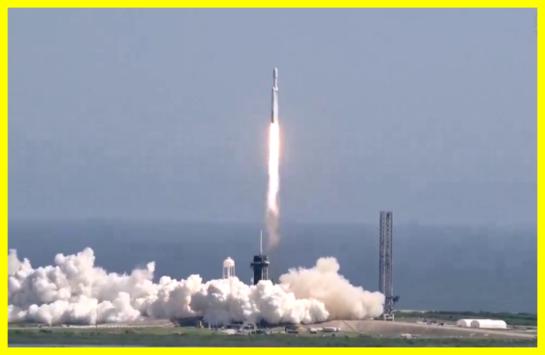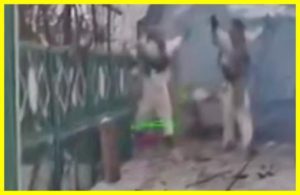Study of possible conditions for life on Jupiter’s satellite
The US has launched an automatic station to study possible conditions for life on Jupiter’s satellite Europa.
NASA’s historic mission to Jupiter’s icy satellite is designed to find out if Europa is habitable.
The ‘s Falcon Heavy rocket, launched from the Florida Space Center.
The launch was originally scheduled for October 10, but was postponed due to Hurricane Milton.
The expedition cost the U.S. $5.2 billion and will last 5.5 years, during which the apparatus will return to Earth and Mars once each to perform gravitational maneuvers.
During all this time, the probe will fly 2.9 billion kilometers.
Reaching Jupiter in April 2031, it will make 80 revolutions around the planet, during which 49 times it will fly near Europa.





















